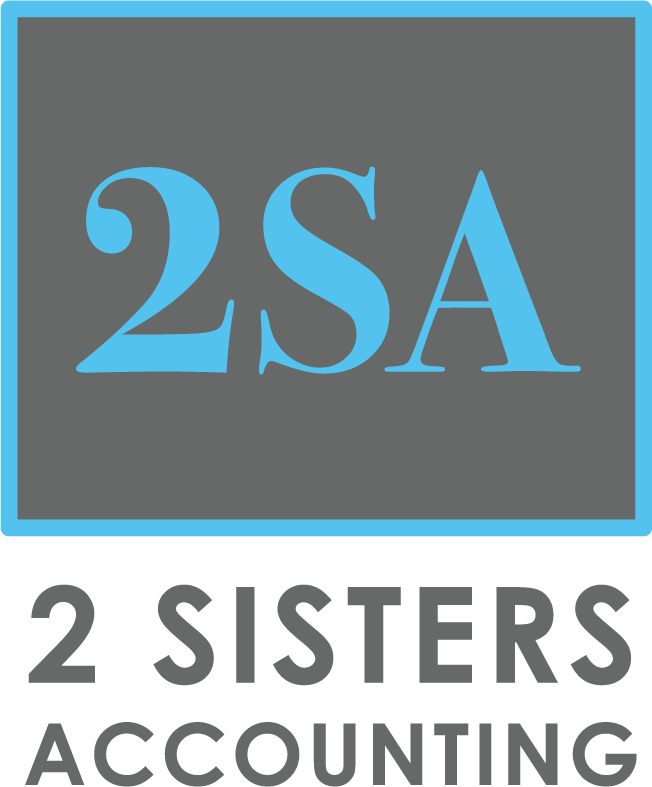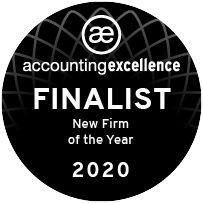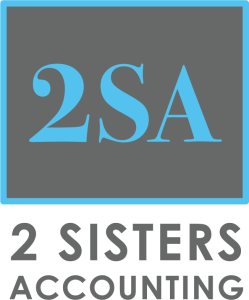Why the New Year Is Perfect for Financial Planning
If you are anything like me you have started the new year with a bit of energy and thinking about goals and plans for the coming year. While the enthusiasm may fade fairly quickly I plan on making the most of it while it lasts – time to set some financial goals for small businesses!
So while you hopefully have this same energy, it’s the perfect time to set financial goals and create a budget that will help you reach these. Whether you’re a business owner or managing personal finances, a well-thought-out budget and clear goals can set the stage for a successful year.
Here’s our budgeting tips for small businesses and setting financial goals for small businesses for maximum impact – the perfect start to your New Year financial planning.

Steps to Setting Financial Goals For Small Businesses and Creating a Budget
1. Reflect on Last Year’s Financial Performance
Before diving into the new year, take a moment to review the previous year’s financial performance. Ask yourself:
- Did I meet my financial goals?
- Were there any unexpected expenses or income fluctuations?
- Which areas of spending could be improved?
- Did sales come from unexpected places?
Analysing historical data provides a great starting point for setting realistic and informed goals. If you use accounting software you will be easily able to download a profit and loss for the year, maybe broken down by month, to review the numbers and really understand what happened through the year.
2. Use the SMART Framework for Goal Setting
Effective budgeting begins with knowing what you want to achieve. Use the SMART financial goals framework to set goals that are:
- Specific: Clearly define what you’re aiming for (e.g., “Sales in the year of £250,000”).
- Measurable: Quantify your goals to track progress.
- Achievable: Ensure your goals are realistic based on your financial situation. We wouldn’t suggest setting a sales goal that is 300% higher than previous years.
- Relevant: Align goals with your broader financial or business objectives.
- Time-Bound: Set deadlines to stay motivated and focused.
Examples of financial goals might include reducing debt, increasing profits, increasing savings, or improving profit margins by a certain percentage.
Really think about what suits you and your business, you may not have the desire or capacity to grow the business hugely so a goal that focuses on sales growth would be no good to you. It could be goals like maintaining the same sales level, cutting costs by x amount, and reducing your working hours by a set amount.
3. Build a Comprehensive and Flexible Budget
A good budget is both comprehensive and adaptable. Here’s how to construct one:
Categorise Expenses
Break your expenses into fixed (e.g., rent, salaries) and variable costs (e.g., utilities, supplies). You can use last years numbers as a starting point, then think about where you can make savings and where you may need to spend more.
Prioritise Savings
“Pay yourself first” by allocating a portion of income to savings or investments before addressing other expenses. For businesses, this could mean creating a reserve for unexpected costs or reinvesting in growth. You should be saving for your tax bill throughout the year as well.
Account for Seasonality
If your income or expenses fluctuate throughout the year, incorporate this variability into your budget to avoid cash flow issues.
Add a Contingency
Include a buffer for unexpected expenses. A common rule of thumb is to allocate 10-15% of your budget as a contingency fund.
Read more: A Quick Guide On How To Create A Budget
How to Keep Your Budget on Track Throughout the Year
4. Schedule Regular Financial Reviews
Budgeting is not a one-and-done task. Tracking financial performance is a must-do, so schedule monthly or quarterly reviews to:
- Compare actual performance against your budget
- Identify areas for improvement
- Adjust for changes in income, expenses, or goals
5. Celebrate Milestones Along the Way
Achieving financial goals can be challenging, so celebrate your progress. Acknowledging milestones keeps motivation high and reinforces good financial habits.
Hit a milestone and want to throw a party?! Read more: Understanding Business Entertainment Expenses
Ready to Tackle Your Financial Goals?
Starting the new year with a solid budget and clear financial goals can pave the way for long-term success. By reflecting on the past, setting measurable objectives, and building a flexible plan, you’ll be better equipped to navigate the financial challenges and opportunities ahead.
For support with your planning, goals, budget, accounting or bookkeeping, please get in contact, we’d love to chat.






